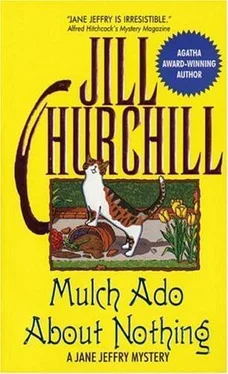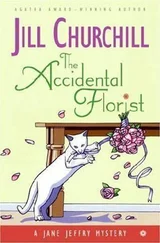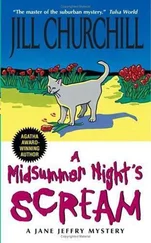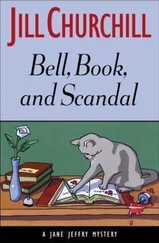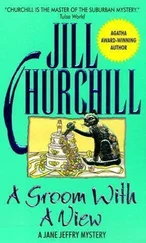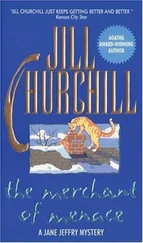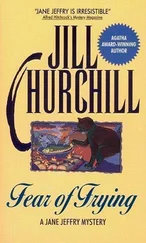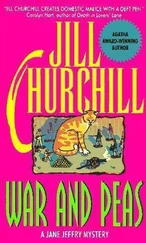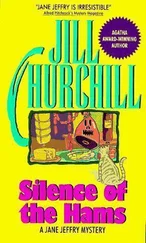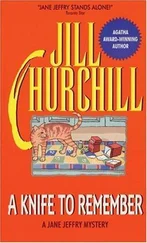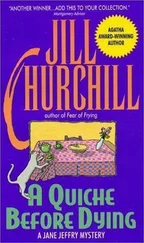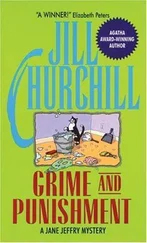“And you've kept your own name," Ursula piped up. "I like that in a modern woman. Of course, all women's maiden names are really a man's. Their father's. In other cultures, matrilineal ones, it's different. Everyone takes the mother's name, which is far more appropriate and scientifically significant because everyone's DNA patterns follow through in the maternal line.”
Shelley felt it was time to take control since no one else was except Ursula. She got up, threaded her way through the chairs, and took Geneva's arm. "Why don't you sit in for a bit to cool off and rest? Dr. Eastman is about to begin his lecture and you might be interested. You look like you need a break from the hospital.”
Geneva gratefully sat down and said to the group somewhat apologetically, "I'm a disaster at hospitals. I try to jolly people along and only drive them mad. My husband is staying by her bedside and is far more qualified, and asked me to leave, actually," she said with a self-deprecating smile to the group. "Will it be all right with you, Dr. Eastman, if I sit in?"
“Perfectly all right," he answered pleasantly. "And I'm glad to hear your sister is improving. We've just told each other about ourselves and our interest in this class. I think the others would like to know about you.”
He was speaking to her as if they were already acquainted, Jane thought. Perhaps they were.
“My sister is part of a team that investigates claims for plant patents. I'm in another part of the business. Julie does freelance lab work and cuttings of plants under consideration for patents whenever there appears to be a difficulty with the patent. I have a farm in the high plains of Colorado and am one of the testers throughout this country, Canada, and Mexico for her. I'm sure Dr. Eastman will explain all of this to you.”
Geneva Jackson sat back a bit more comfortably, signifying that she was ready to listen.
Five
Dr. Eastman drew himself up andsaid, "It's difficultf to know exactly where to begin. Many gardeners have heard of plant patents, and mistakenly believe this is a recent development along with cloning. That's not true. The United States Plant Patent Act was enacted in the late 1920s—"
“Nineteen-thirty," Miss Martha Winstead said in her soft but clear librarian's voice. "In late May.
He glared at her, didn't argue with her or accept her correction, and went on, reading from a card, "It states that whoever invents or discovers and asexually reproduces any distinct and new variety of plant, including cultivated sports, mutants, hybrids, and newly found seedlings, other than a tuber-propagated plant or plant found in an uncultivated state, may obtain a patent therefore.”
They all stared at him blankly.
“Would you repeat that slowly so we can write it down?" Ursula asked, fumbling on the floor where her notepad and pens were and stuffing other random bits that had fallen out again back into her purse.
Dr. Eastman did so. "I can tell that some of these terms are unfamiliar to some of you. 'Asexual reproduction' is probably one. This means creating a new plant from an old one in almost any manner, except by planting seeds. You could root a cutting of the plant, use a section of the root or tuber to grow a new one, divide a bulb, air-layer a branch of a shrub or tree, or take a bulblet from a corm. The reason is that the new plant that grew in any of these ways would be the exact genetic duplicate of the original plant.”
Seeing some comprehending nods, he went on. "A seed, on the other hand, represents sexual reproduction — a mix of chromosomes from two plants. And this, in fact, is a good place to start the process. If you want, for example, a special color of impatiens, you could make many pollen crosses, wait for the seeds to develop, and see if any of them produced the color you wanted. If one did, you could take many cuttings because impatiens roots easily from cuttings. Or if you wanted to develop a bigger or bushier impatiens, you'd cross-pollinate the biggest ones you can find that were also the color you're seeking."
“But you said the Plant Patent Act doesn't apply to seeds," Shelley said.
“And I also said that impatiens are easy to root from cuttings," Dr. Eastman said. "If you got a spirea-sized bush of impatiens, it might have thesame rooting capacity of the shrub. Or it might not. That's the point of hybridizing. Some methods fail, precious few are roaring successes.”
He glanced around, fairly satisfied that most of his audience appeared to be catching on. "Naturally, you have to keep detailed records of each cross, the result, and a full description of each plant involved. This mass of data must be submitted with the plant patent application. If you just sent in a description of a plant and a cutting or picture or little potted example, without significant records, you'd certainly be rejected and told to do it right."
“Doesn't this take a terrifically long time?" Jane asked.
“It often does," Eastman said. "The initial work is tedious and you have to wait for a seed to grow, mature, and go to seed before you know what you've got. But professional breeders have many projects going on at the same time, so it's not as if you sit around reading the newspaper for a year or two, waiting for the seedling to grow to maturity.
“The next stage is to find growers that are called triallers, because they do the trials. Breeders have… well, let us say, somewhat secret and well-trusted relationships with many triallers. I work in the north of Illinois. I have very private contracts with plantsmen who have isolated areas for growing in the high plains, the deep South, the northwest rain forest area, West Texas, Maine, the Appalachians, and desert environments. I send cuttings or bulblets or whatever parts of the plant I'm testing that qualify as asexual reproduction to the environments I think will be suitable. And oftentimes to areas I don't think are suitable as well, simply because a breeder can be surprised by a unexpected trait of the plant that he wasn't cross-breeding for.”
Someone must have looked confused by this. Eastman looked at somebody behind Jane and said, "Suppose your hybridized impatiens turned out to be surprisingly hardy. Southern testers wouldn't know this, but someone north of here might realize that this particular impatiens could take at least a light frost without falling over because the cell structure collapses at thirty-two degrees.”
He went on to other examples, and after another half hour when he sensed that the audience was getting information overload, he said, "That's all my lecturing for today. I have a little booklet I put together explaining what I've talked about this session that I'll hand out for you to read over and absorb. We'll do questions about the material and go on to the next stage at tomorrow's lesson."
“What about the garden tours?" Miss Martha Winstead asked.
“That's what we'll plan out during the rest of this session. And then we'll have a little 'show and tell' as well. I'd like to leave Mrs. Jeffry and Mrs. Nowack for last since they seem to be in the earliest stages of gardening and will be able to benefit from seeing the other gardens first. Andwe'll do Miss Winstead and Mr. Jones on the same day as they also live next door to each other. I have a house here in the neighborhood I use when I'm visiting my children and grandchildren and giving lectures in Chicago. But I'm not as familiar with this area as the rest of you, so I leave it up to the group to plan the schedule.”
Everybody exchanged addresses and it turned out that nobody lived terribly far away. It would be simple to do two gardens a day in the second half of class. Simple in theory, of course, until other factors came into it. Miss Winstead wanted to go first because she had something blooming that wouldn't last beyond Tuesday or Wednesday. Ursula Appledorn lived near a house that had a huge garage sale nearly every Thursday, and parking at her home that day would be impossible.
Читать дальше
